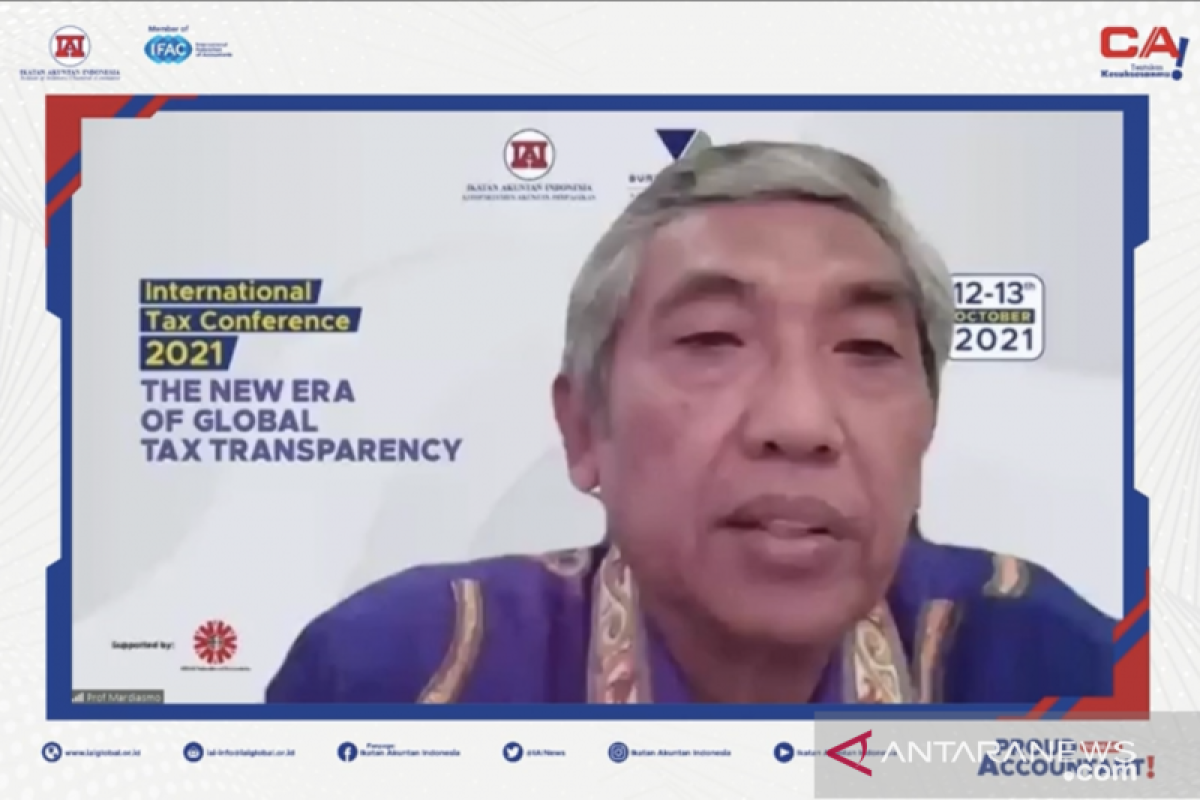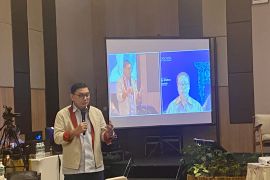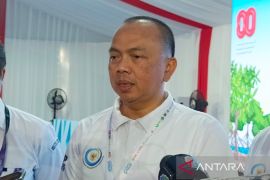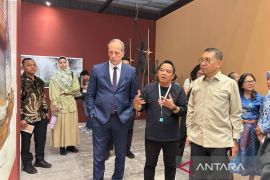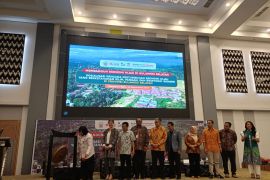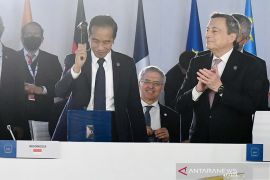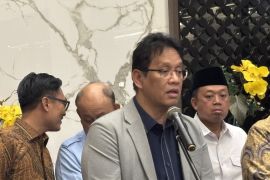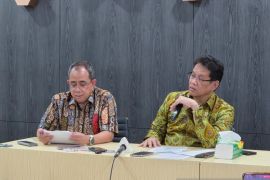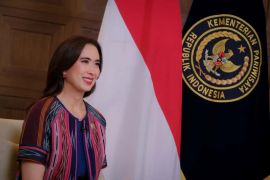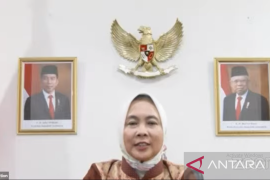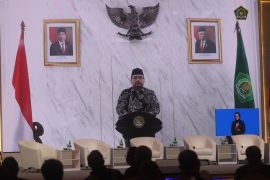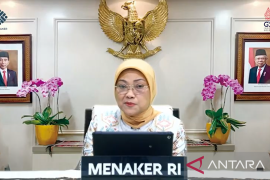Speaking at the International Tax Conference 2021 here on Tuesday, Mardiasmo noted that economic recovery, both domestic and global, should be sustainable in order to create a quality economy.
He pointed out that Indonesia, as the only G20 member in the Association of Southeast Asian Nations (ASEAN), supports the acceleration of sustainable economic recovery as reflected through the Golden Indonesia 2045 vision.
This effort is becoming increasingly relevant since Indonesia will assume the role of G20 Presidency in 2022, so that this goal can pursued optimally, he stated.
In addition to sustainable economy, the tax agenda is also a key in recovery, as fiscal instrument plays an important role in navigating the nation through the COVID-19 crisis.
Mardiasmo spoke of the government designing various tax incentive schemes, relaxations, and new regulations, such as the Job Creation Law, in order to support recovery.
Related news: Indonesia to showcase pandemic-handling competency at G20 Summit
The government was compelled to encourage tax revenue and provide tax incentives to protect economic players and the people, he noted.
"This will become an economic crisis for the economic recovery program that requires several sources of income, especially tax," he elaborated.
Despite this, an opportunity also exists for new economic growth, including through digital technology that can drive tax income.
However, this new form of technology also presents a novel challenge for policy makers due to its cross-border nature.
"This creates difficulties for the authority and business sector to determine taxation rights over income coming from cross-border transactions," Mardiasmo asserted.
To this end, he emphasized that the principles of justice from regulation and government breakthroughs should be goal-oriented, including digital tax.
Related news: Poland keen to participate in G20 during Indonesia's presidency
Translator: Astrid Habibah, Fadhli Ruhman
Editor: Rahmad Nasution
Copyright © ANTARA 2021
